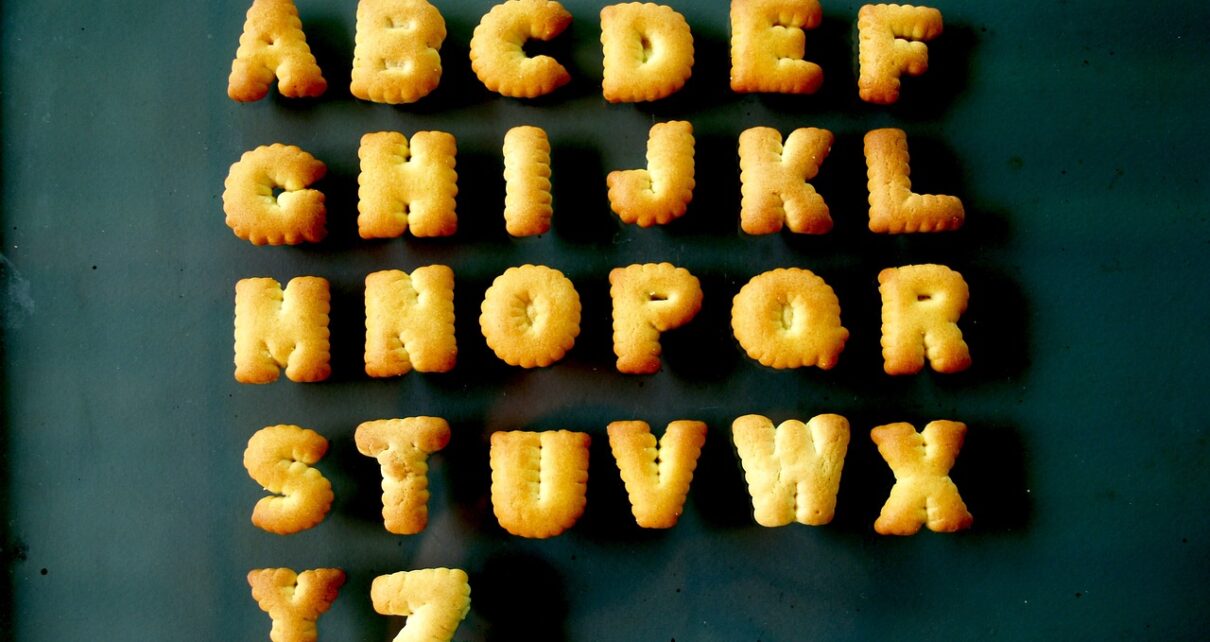You probably know how to spell words like “cheese” and “cherry.” But what about “Cheetos” or “Kool-Aid”? If you struggle with tricky words like these, you aren’t alone.
Many English learners have difficulty spelling words that are made up of common letter combinations that just don’t occur often in everyday vocabulary. However, with practice, you can master even the trickiest of words. With that in mind, let’s take a look at how to spell the word Cheetos and other similarly challenging words in English. Keep reading to learn more!

Deciding Between -e and -a
In English, there are many words that start with “ea” and end in “e.” These words can be spelled in several different ways; for example, the word “cheese” can also be spelled “cheeze.” Similarly, the word “kale” can also be spelled “kail.”
The best way to decide which spelling to use is to look at the word as a whole. Since “cheese” has a “z” sound at the end, you would use “e.” Similarly, “kail” has an “i” sound at the end, so you would use “e” as well. However, when two vowels go together in a word like “kale,” you will use “a.”
The Cheetos Brand Name
While Cheetos are often associated with cheese in the U.S., they are actually made from cornmeal. In fact, the Cheetos brand name actually comes from the Spanish word “chicharrón,” which means fried cornmeal. The actual word “Cheetos” is spelled with a “t” at the end. If you wanted to write it without the “t,” however, you would use the “chee’s” spelling.
Once you know how to spell the brand name, you can use this information to spell other words that contain the “Cheet’s” spelling. For example, the word “Cheetos-colored” is spelled with a hyphen, so it would be “Cheetos-colored.” Similarly, “Cheetos-flavored” would also be spelled with a hyphen.
K-POP Words: Words from the Korean Language
If you are an English learner who is also interested in Korean culture, you may be interested in learning how to spell Korean words in English. The best way to do this is to look at the word as a whole. For example, the Korean word “kimchi” is spelled “kimchi” in English. Similarly, “kim’oon” is spelled “kim’oon.” There are, however, some exceptions. For example, the Korean word for “Korean” is spelled “Korean” in English. Similarly, the word “K-pop” is spelled “K-pop.”

Other Words That Start With “K” and “P”
Now that you know how to spell “Cheetos” and “K-pop,” you can move on to other words that start with “K” and “P.” For example, the word “kangaroo” is spelled the same way in both English and Korean. Similarly, the word “kung fu” is spelled the same way in both English and Korean.
However, the word “kimchi” has an extra “i” in English, while “kim’oon” has an extra “oon” in Korean. Do you notice a trend? Words that start with “P” often have an “M” in Korean equivalent. For example, the word “popcorn” is spelled “popcorn” in both languages, but “p’o-p’o-ri” is spelled “p’o-p’o-ri” in Korean.
Words That End in -oo
If you are having trouble figuring out how to spell words that end in “oo,” you are not alone. Many English learners have difficulty with this spelling pattern too. For example, the word “cool” is spelled “cool” in English and “keul” in Korean. Similarly, the word “cute” is spelled “cute” in both languages. However, there are some exceptions.
For example, the word “fool” is spelled “fool” in English, but “puul” in Korean. Similarly, the word “goose” is spelled “goose” in English, but “geose” in Korean. Once again, you can look at the word as a whole to figure out how to spell it correctly.
Final Tips
Now that you know how to spell words like “Cheetos,” “K-pop,” and “goose,” you can apply this knowledge to other words as well. Since these words are uncommon, it can sometimes be difficult to figure out how to spell them correctly. However, with some patience and practice, you will soon be able to spell even the trickiest of words!





